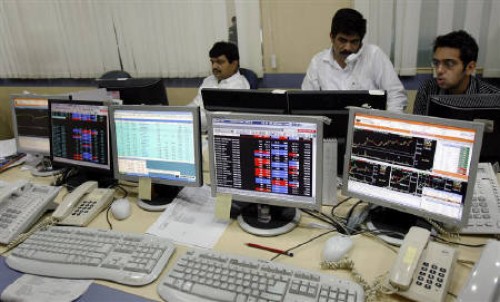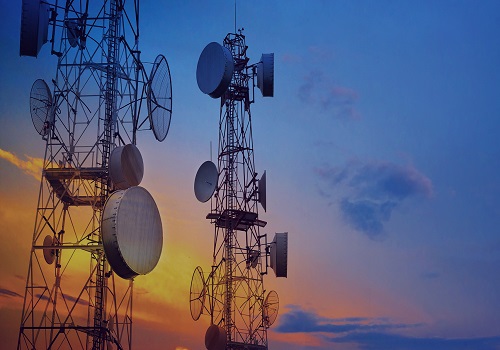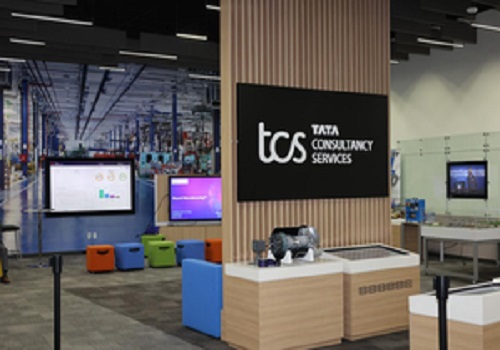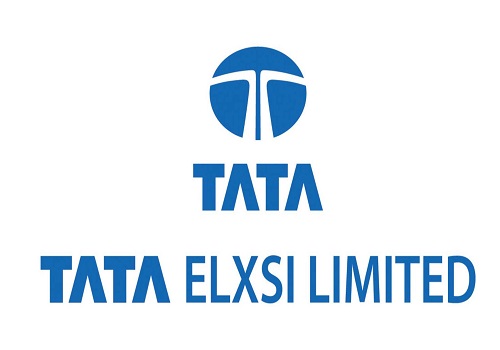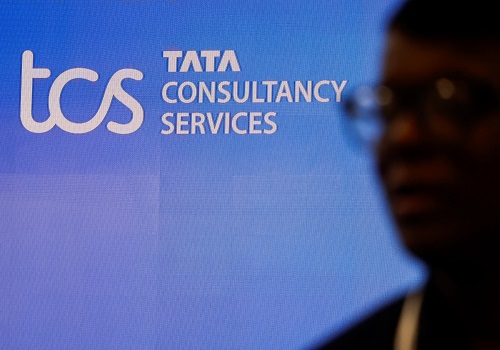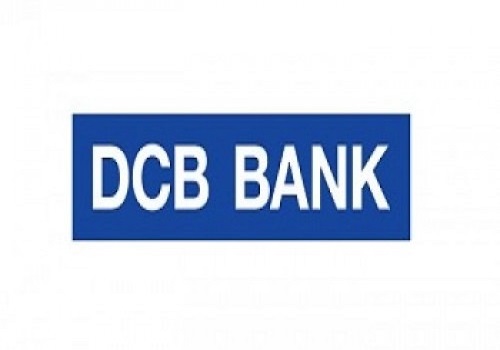Buy Bharti Airtel Ltd For Target Rs. 1,125 - JM Financial Institutional Securities

Follow us Now on Telegram ! Get daily 10 - 12 important updates on Business, Finance and Investment. Join our Telegram Channel
We continue to believe India wireless ARPU is on a structural uptrend given the consolidated industry structure and future investment needs; the industry requires an ARPU of INR 270-300 in the next 3-5 years for a pre-tax RoCE of 12-15%. Further, near-term delay in tariff hike is likely to only strengthen Bharti/Jio’s pricing power and market share as it is likely to expedite the transition to a duopoly market (by further deterring VIL’s fund-raise plan). We expect Bharti’s premiumisation strategy to drive 9% ARPU CAGR (to ~INR 300 in FY28) – 3-4% due to upgrades/data usage and 5-6% due to regular tariff hike; this is likely to drive 13% EBITDA CAGR over FY23-28. We have raised Bharti’s 1-year DCF-based TP to INR 1,125, implying 8.8x FY25 EV/EBITDA and 30x FY25 PE, due to roll-forward, moderation in our aggressive capex estimate and 2% increase in ARPU. Further, given the attractive long growth runway, we see Bharti delivering a 3-year IRR of 21% based on our 3-year TP of INR 1,625 (Exhibit 28), implying 7.7x FY28 EV/EBITDA and 18x FY28 PE. We reiterate the high conviction we have on our BUY rating as we believe India wireless business tariff hikes are likely to be more frequent, going forward, given the consolidated industry structure and higher ARPU requirement for Jio also to justify significant 5G capex. Bharti is the biggest beneficiary of higher tariffs given the sticky and premium quality of its subscriber (subs). ARPU growth aided by likely moderation in capex will drive Bharti’s FCF from FY25, enabling it to get to net cash by FY29 (vs. net debt of INR 2,077bn at end-1QFY24); this will also aid in accretion in equity value.
*ARPU on a structural uptrend as industry needs ARPU to rise to INR 270-300 (at 9-10%
CAGR) in the next 3-5 years to meet future capex needs: With the consolidation of India’s
telecom industry largely complete, we expect the wireless industry’s revenue to further grow
at 10-11% CAGR to +INR 3,100bn by FY26E and to +INR 4,400bn by FY30E vs. ~INR
2,250bn in FY23, having recovered from a low of ~INR 1,200bn in FY19 (Exhibit 3) due to
structural uptrend in industry ARPU driven by future investment needs. Our calculation
suggests (Exhibit 4) that in the next 3-5 years the industry needs to reach an ARPU of ~INR
270 to cover the cost of capital (12%) and ~INR 300 for a healthy pre-tax RoCE (of 15%)
considering future investment requirements including for 5G.
*Structural ARPU growth via tariff hikes, continued rise in data usage and MBB upgrades: ARPU in India is still one of the lowest at ~USD 2.2/month vs. the global average of USD 8- 10/month (USD 6.9/month in China); India’s ARPU to GDP per capita is low at ~1.0% in FY23 vs. +1.5% before FY15 — Exhibit 5-8. However, despite the lowest ARPU, India’s AMDU (average monthly data usage per data subs) is the highest globally, and is still rising despite tariff hikes — it has risen from 12GB/month in 2QFY20 (before start of tariff hikes) to ~23.6GB/month in 1QFY24 (Exhibit 9). AMDU growth trajectory is likely to continue over the next 3-5 years with gradual pick-up in 5G penetration. Further, there is significantscope for industry’s MBB (Mobile Broadband) penetration to further rise to 85-90% in the next 3- 5 years, after having risen to ~72% in Jun’23 vs. ~47% in Mar’19 (before start of tariff
Please refer disclaimer at https://www.jmfl.com/disclaimer
SEBI Registration Number is INM000010361












 320-x-100_uti_gold.jpg" alt="Advertisement">
320-x-100_uti_gold.jpg" alt="Advertisement">




